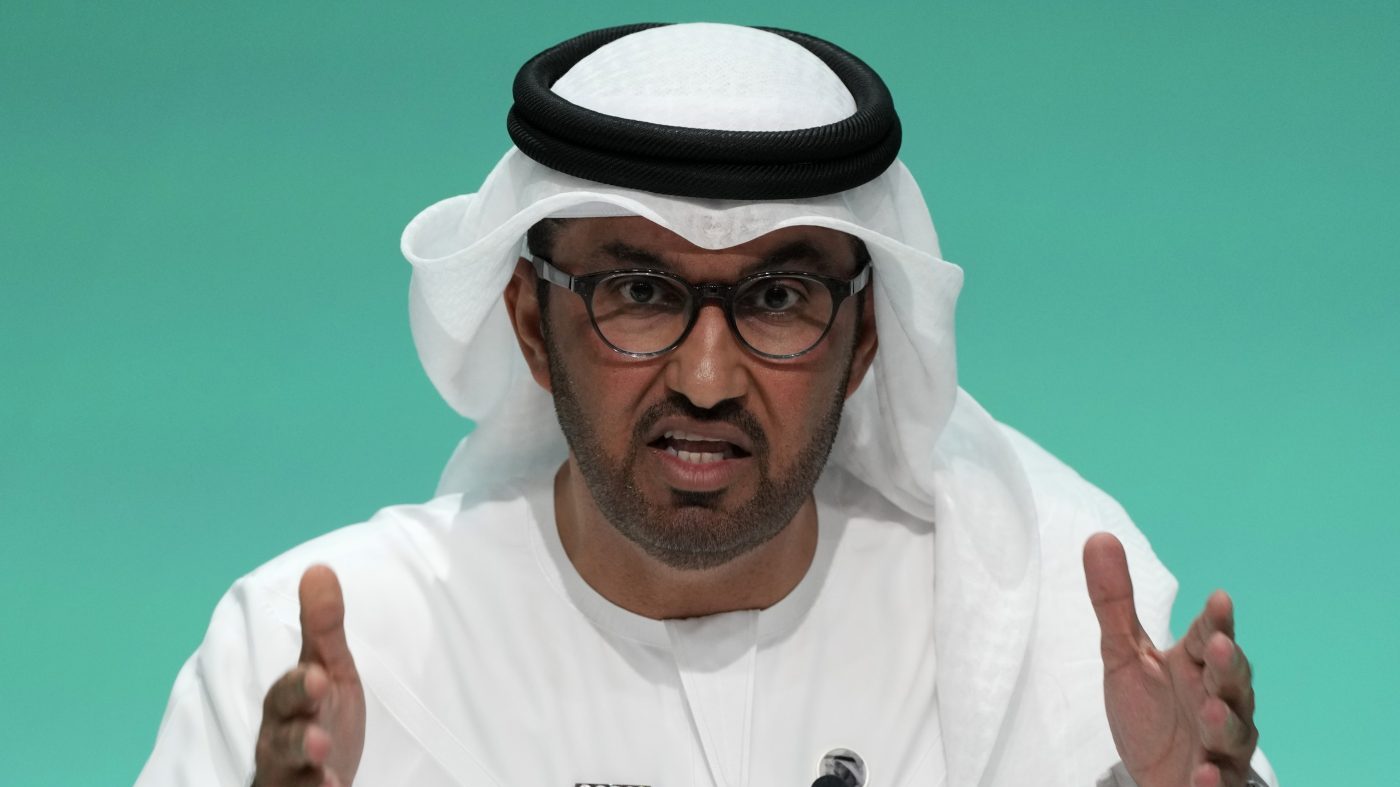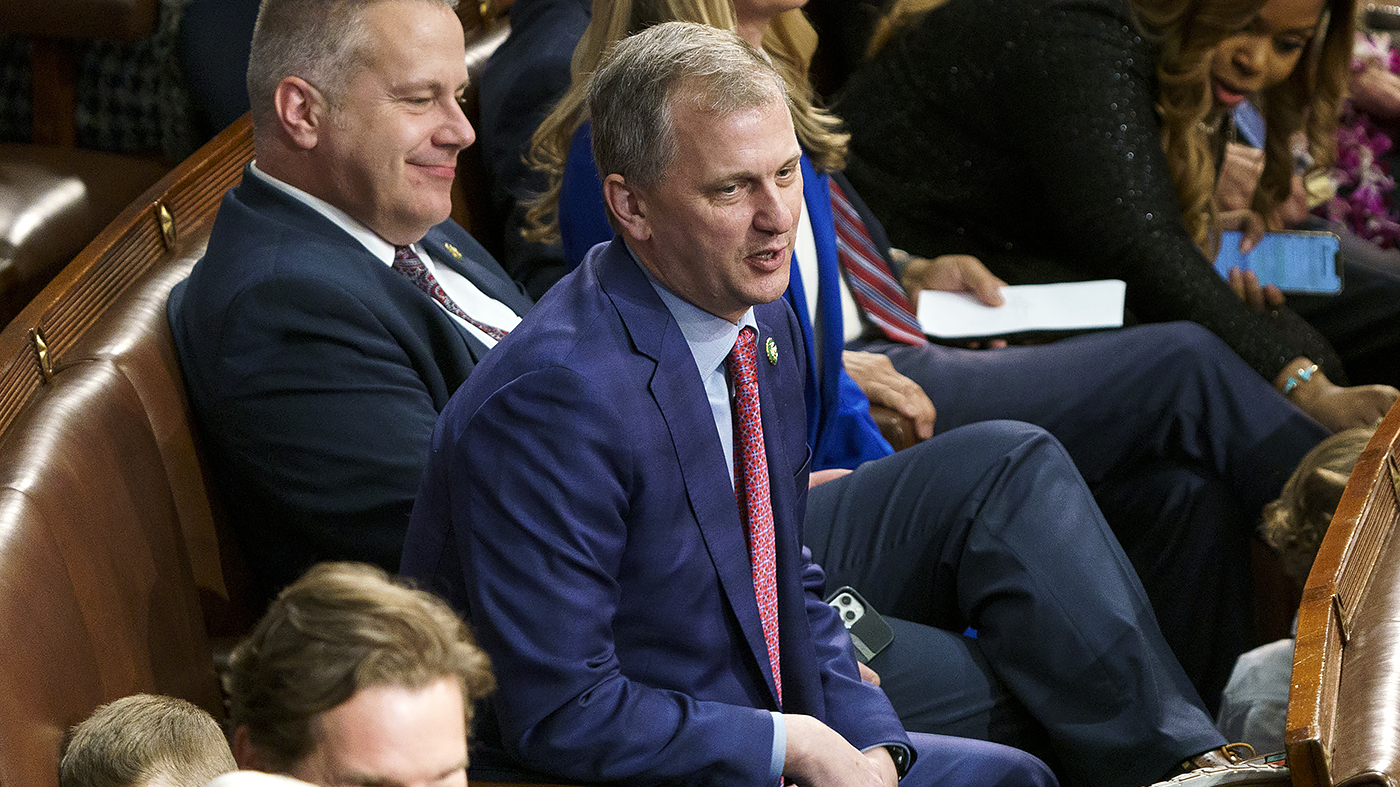Although the terms of this year’s accord are stronger than past such pacts, green groups argued that they remain insufficient in a rapidly warming environment.
The so-called “First global stocktake” is the outcome of the United Nations Climate Change Conference (COP28), which has taken place in Dubai over the past two weeks.
Departing from last year’s call for countries to “phase down” coal use, this agreement incorporates the phrase “transitioning away” and explicitly refers to fossil fuels, The Hill reported.
“The message coming out of this COP is: We are moving away from fossil fuels. We’re not turning back,” U.S. climate envoy John Kerry said at a press conference.
While many countries that are most vulnerable to climate extremes had been pushing for a full “phaseout,” major oil exporters rebuffed these efforts, The New York Times reported.
In addition to mandating a shift away from fossil fuels, the agreement calls for a tripling of global renewable capacity and a doubling of the annual rate of energy efficiency improvements by 2030.
The document also supports an acceleration of efforts to both phase down “unabated coal power” and deploy net-zero emission energy systems.
Also included are provisions relating to carbon capture and low-carbon hydrogen technologies, zero-emission vehicles and a call to reduce methane emissions by 2030.
Although climate advocates praised the landmark agreement, they stressed that further pressure is necessary to combat the effects of climate change, The Hill reported.
Sierra Club President Ben Jealous characterized the progress as a welcome surprise in a Tuesday statement, emphasizing that the summit was hosted by a major oil producer.
“At a COP hosted by a petro-state, presided over by a literal oil executive, with fossil fuel billionaires and their lobbyists crowding the halls in record numbers, the world still charted a way forward,” Jealous said.
At the same time, however, the Center for Biological Diversity indicated that the document “fell short of calling for an unequivocal phaseout of oil, gas and coal.”
“At long last the loud calls to end fossil fuels have landed on paper in black and white at this COP, but cavernous loopholes threaten to undermine this breakthrough moment,” Jean Su, energy justice director for the group, said in a statement.
“While this agreement offers faint guidelines toward a clean energy transition, it falls far short of the transformational action we need,” Su added.
Angela Churie Kallhauge, executive vice president of impact at Environmental Defense Fund, credited the accord for laying a foundation but stressed that more work needs to be done.
“We hoped the final agreement would have given countries stronger direction toward a just and equitable transition to clean energy,” Kallhauge said.
Such a transition, she explained, could have helped realize the potential of methane reductions to slow the near-term rate of global warming.
Kallhauge noted, however, that “despite some disappointment in the negotiated text, important climate action” was achieved at COP28.
“The United Arab Emirates enabled the largest-ever, climate-focused gathering of government, industry and civil society,” she added.






















